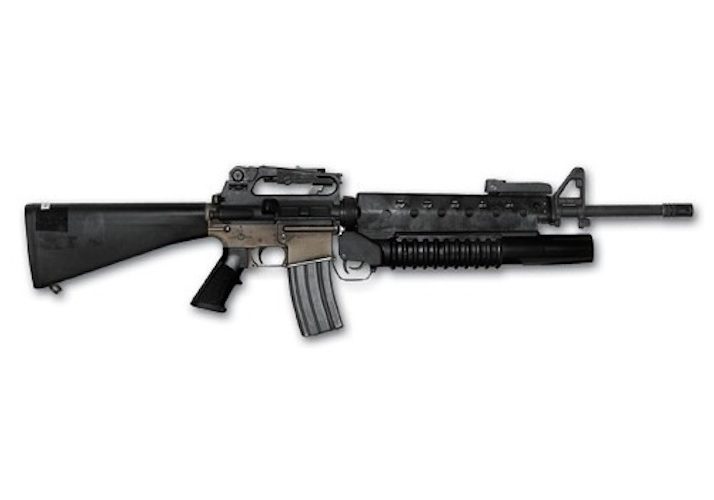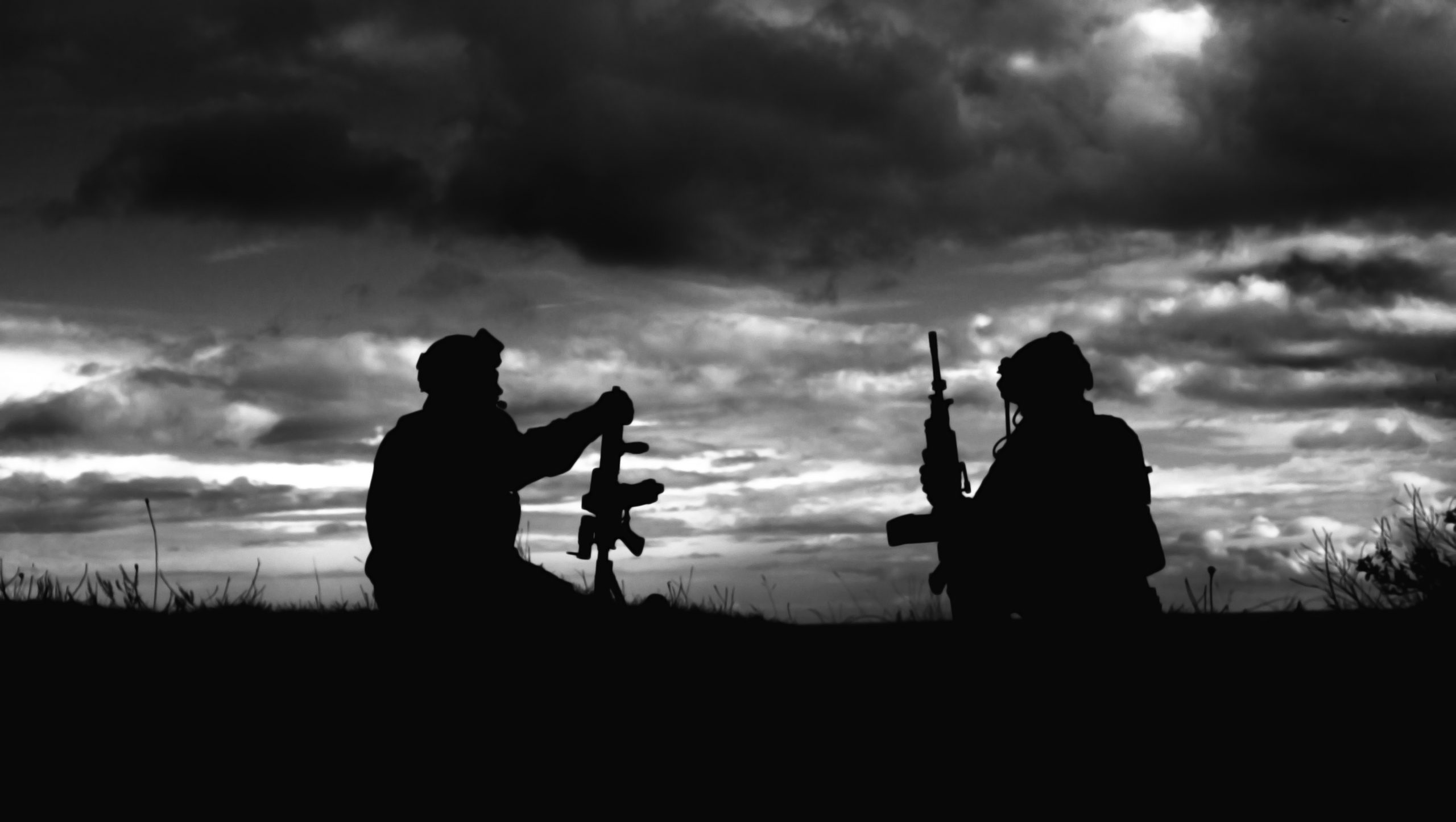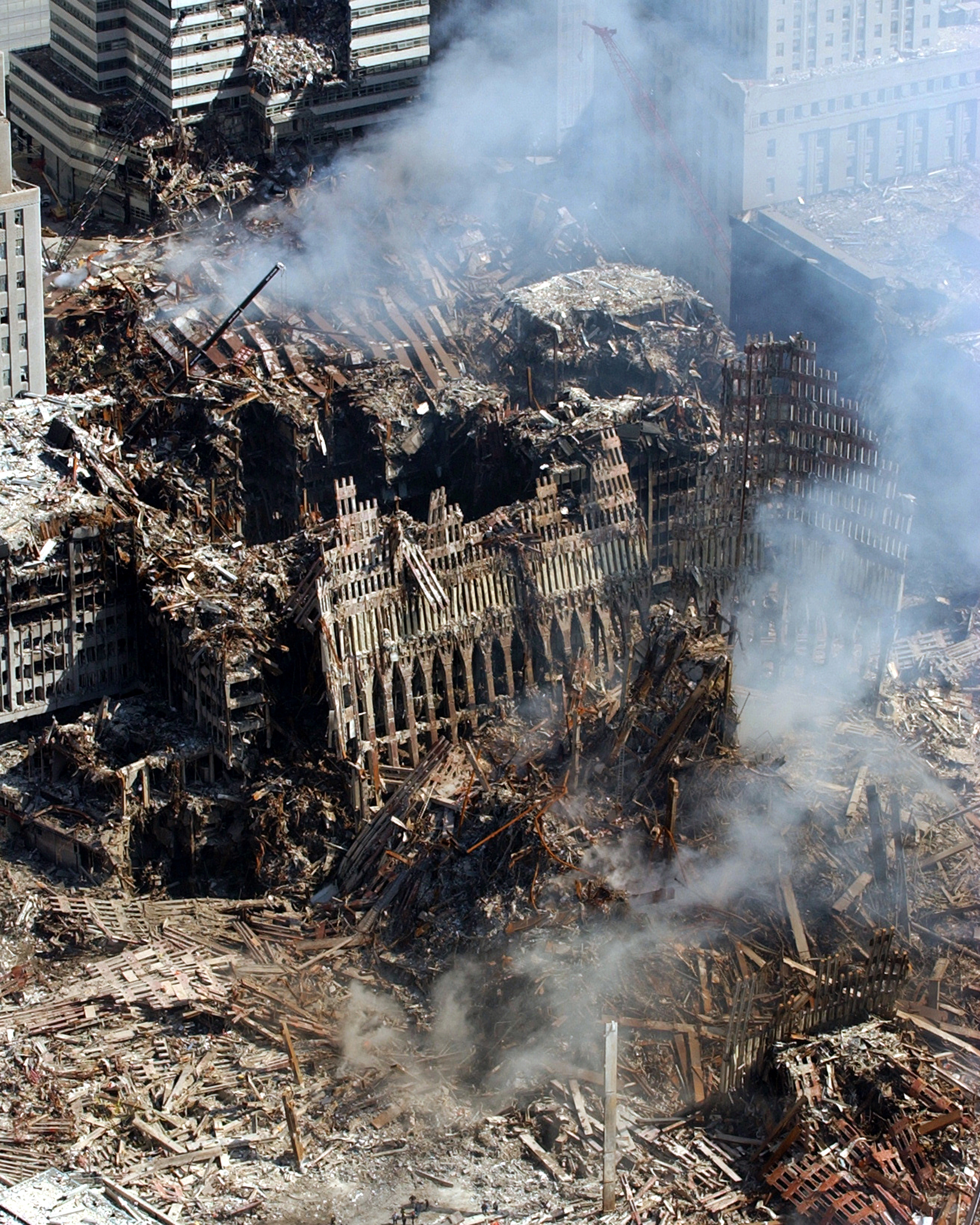Legislation, Regulation & Documentation
Between domestic legislation, international law and multilateral consensus, a group of about 40 industrialized countries with a thing about signing papers, have made a megalomaniacal dictator’s job difficult – not to mention that of his suppliers. The handful of countries that, after having started two world wars, have learned the recipe for destruction, are doing their best to keep it a secret.




